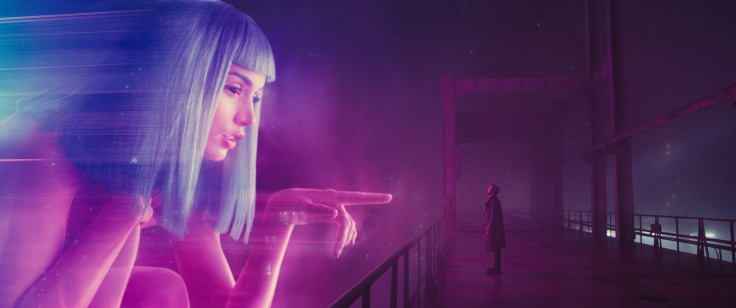Blade Runner 2049 is the epitome of a relatively new breed of franchise sequel. The kind of sequel that can only really exist beneath the shade of the “Remember?” trend that currently authors the majority of major studio releases. A film that capitalizes on the pre-established fandom of its property to enhance its subtext and narrative. From its cameos, to its central plot, to its atmosphere, Blade Runner 2049 would not be as effective without that dreaded nostalgia factor. Thus far, it's director Denis Villeneuve, managed to utilize fandom mythology the best, but he is by no means the first to broach sequels with this tactic. Most studios do, except they often let the preconceived notions about their properties influence the wrong elements of their films.
Rogue One is a perfect example of this sort of thing gone wrong. All the antipathy towards rehashing properties from the past can be successfully justified in one scene. The scene that showcases Darth Vader, a character that is iconic in OUR world, gratuitously mercing a bunch of rebels in a hallway. This sequence betrays its own mythology and narrative in service of placating fandom. Fandom and nostalgia should enhance storytelling, not impede it. The difference between the two is usually obvious, Star Wars: Episode VI I feels comfortable and familiar whereas Terminator Genisys feels manufactured and lazy.
Blade Runner 2049 doesn't homage its predecessor through perfunctory easter eggs or winks and nods, its very plot is a play on the long-standing wrangle between fans over Blade Runner’s deliberately ambiguous ending.
Blade Runner 2049 gave me hope in this regard. The adverse effects engendered by our current age of nostalgia are both numerous and obvious in many films. Irrespective of the quality of the individual releases, the film industry has been successfully invaded by a very particular kind of model. A model that is, by its very nature, informed by cynicism and sentimentality, a model I’ve shown no compunction to hurl a series of cheeky polemics at in the past, even as I discover that it can, at times, yield a very singular kind of blockbuster experience.

















